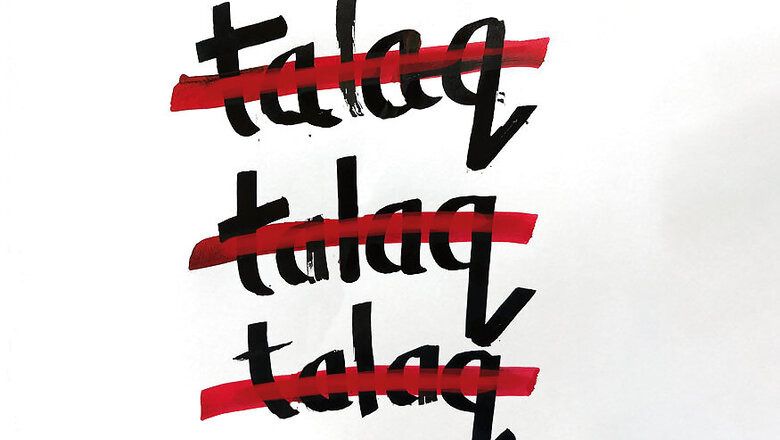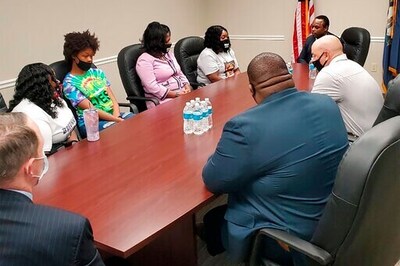
views
Indore: A grandson of Shah Bano, the woman who became the face of the legal battle for married Muslim women's rights, supports the ban on triple talaq, but says punishment for husband can make the wife's life more miserable.
The bill providing for imprisonment for husband for giving instant triple talaq was passed by Parliament on Tuesday.
In 1985, the Rajiv Gandhi government nullified, by enacting a law, the Supreme Court's landmark judgment which had ruled that Shah Bano was entitled to get maintenance from her husband, an Indore-based lawyer, who had divorced her.
Speaking to PTI here on Wednesday, Bano's grandson Jubair Ahmad Khan (45), a lawyer and tax consultant, said, "In Islamic Sharia there is no concept of divorce by uttering `talaq' thrice. It is good that the government has enacted a law to stop this practice."
But he did not approve of the contentious Muslim Women (Protection of Rights on Marriage) Bill, 2018, passed on Tuesday by the Rajya Sabha, in its present form, he said.
"A good thing was presented in a wrong way. A criminal part has been added to this bill which can be misused like IPC section 498-A (which seeks to punish husband or in-laws who mistreat woman for dowry)," he said.
The bill provides for up to three years in jail for husband for giving triple talaq.
"Suppose a man is sent to jail by the court on the basis of his wife's complaint of triple talaq. In these circumstances, can the woman's in-laws would like to keep her with them?" Khan asked.
"Will the husband be able to accept her back after the release from jail?" he added.
"It takes a long legal process for a woman to get maintenance from husband. So how a woman who is the victim of triple talaq and her children will survive after her husband is jailed?" he asked.
"There should be more provisions for ensuring financial support for the victim of triple talaq," he said.
Recalling the long legal battle of his grandmother who died in 1992, Khan said, "My grandmother had filed a lawsuit seeking maintenance from my grandfather after the divorce.
"And the issue of financial protection for a divorced women is still importantand relevant," Khan stated.




















Comments
0 comment